Monday, 22 April 2024
Menu

Despite claims by authorities that the radioactive levels are minimal, many are opposed to this measure, fearing repercussions on the surrounding marine ecosystem and human health.
The release is attributed to the depletion of storage capacity for filtered radioactive water. The 1 million metric tonnes of water, a byproduct of efforts to treat the aftermath of the 2011 Fukushima Daiichi Nuclear Plant disaster caused by a tsunami, has been stored in large tanks after undergoing chemical treatment to remove most nuclear components. However, the presence of highly hydrophilic tritium, a hydrogen isotope, has posed a challenge to completely filter the water.
China has vehemently opposed Japan’s decision, leading to a series of threatening phone calls from Chinese entities to Japanese officials. The abusive phone calls have prompted Japanese authorities to caution their citizens traveling to Beijing against revealing their nationality, out of concern for their safety. The People’s Republic of China will be halting all seafood imports from Japan as of this Thursday, citing concerns about potential radiation contamination in food.
Japan was originally given consent to release the heavily filtered water into the ocean by the International Atomic Energy Agency (IAEA) as the water adhered to their set standards of radioactivity. The IAEA also claims that the wastewater will not cause repercussions to marine life as the radiological impact is trivial.
Japan’s discharge plans have been analysed thoroughly for the past two years by top nuclear experts within the IAEA coming from eleven different countries ensuring a complete assessment. The results demonstrated that the release aligns with “international safety standards” says Rafael Mariano Grossi, the General Director for IAEA. The tritium levels were also found to be at their lowest value, suggesting that it will have little to no adverse effect on humans and the environment when touched, but can be harmful when ingested. However, tritium cannot be filtered out so instead sea water will be gradually introduced into the solution to further dilute the tritium levels.
American experts also shed their opinions on the impacts the release has on marine life. They have explained that the Pacific Ocean currents will circulate the Japanese wastewater, spreading the solution across the large body of water. The continuous radioactive water discharge will increase the nuclear accumulation in marine species and spread the radionucleotides to various parts of the world affecting food chains and ecosystems.
Tokyo will be monitoring the water release on a weekly basis and it will be tested for the next three months for radioactivity. The heavily filtered water will continue its gradual release into the Pacific Ocean, despite the scepticism of authorities. Japan will persistently dictate to be trusted.
In 2011, Japan experienced a catastrophic earthquake, the most powerful ever recorded on Japanese territory, with a magnitude of 9.0. This earthquake was so colossal that it even caused a shift in the earth’s axis. Consequently, an unprecedented tsunami struck the eastern coast, claiming the lives of at least 18,000 individuals residing in the northern part of the island of Honshu. This devastating wave obliterated numerous towns in its path.
The force of the tsunami overwhelmed the Fukushima Daiichi nuclear power plant, flooding its nuclear reactors. This led to the leakage of high levels of radioactive material, compelling authorities to establish an exclusion zone, and forcing over 150,000 residents to relocate.

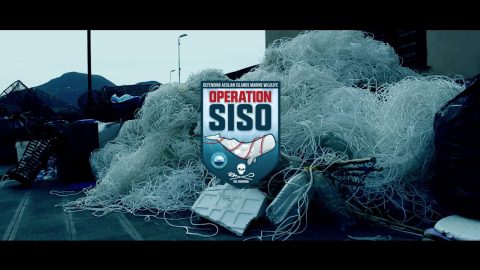
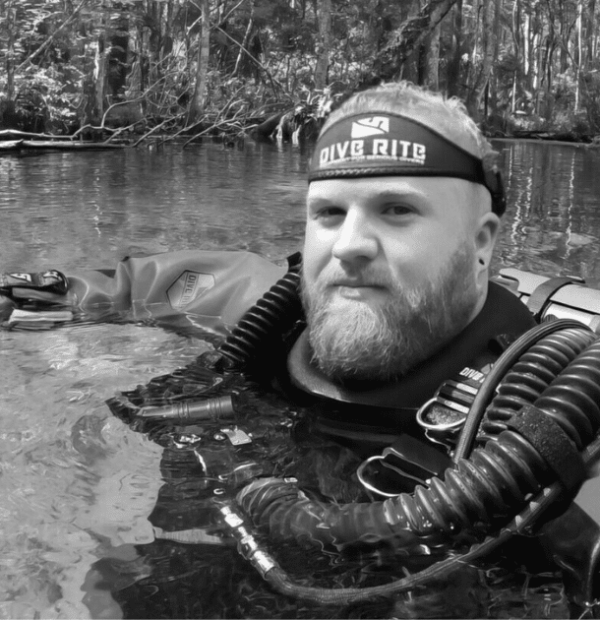

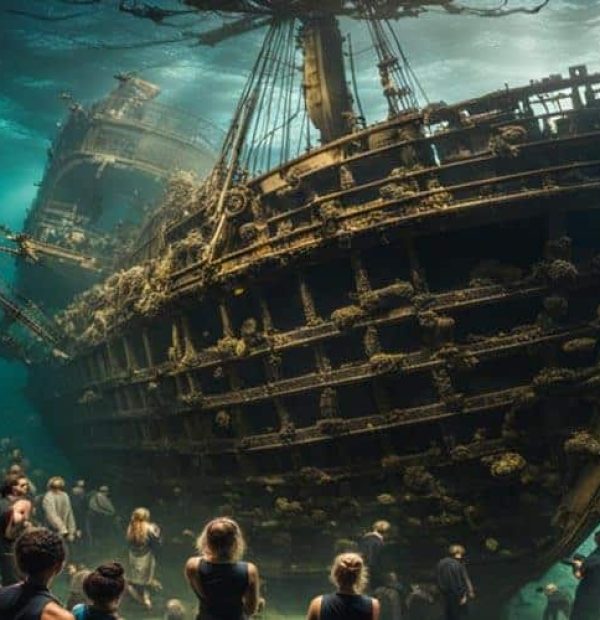
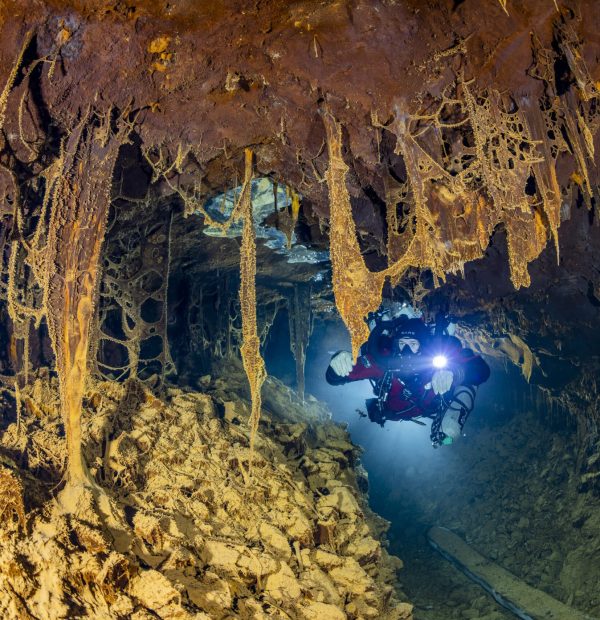
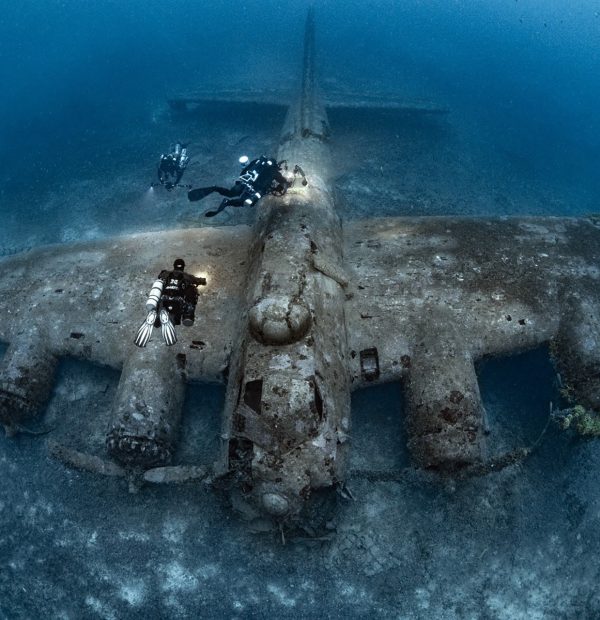
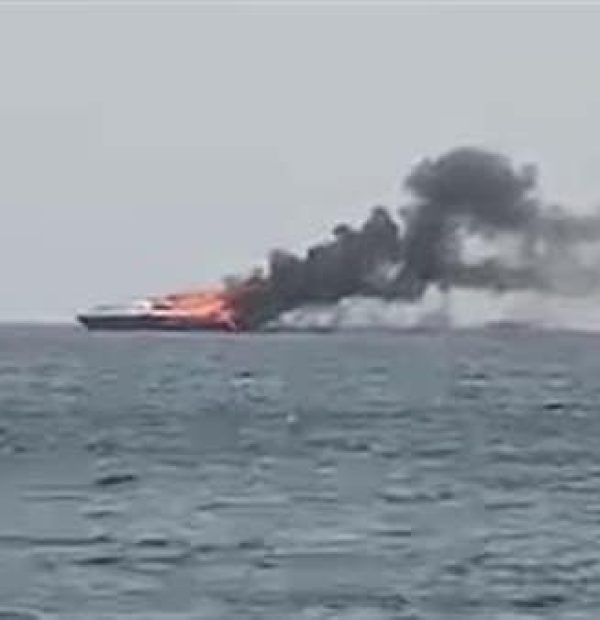
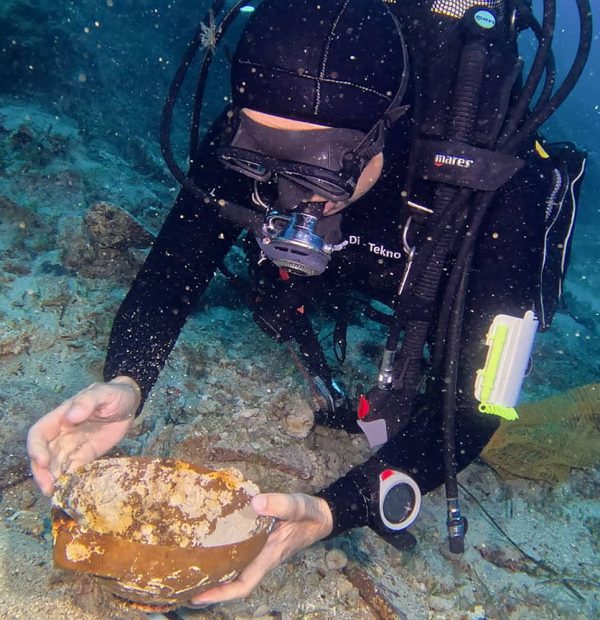

Welcome to DIVERS24.COM, your daily source of scuba news, freediving, scuba diving information, and equipment reviews. Our comprehensive coverage of the dive industry from A to Z provides you with all the latest scuba news, training updates, underwater photography tips, and everything else related to scuba diving. Whether you’re a beginner or an experienced diver looking for more knowledge about scuba gear or techniques – we’ve got it covered! With our in-depth articles written by experienced divers who have been there and done that, you are sure to find exactly what you need here at Divers24.com. Dive into scuba news today!
Underwater Media Sp. z o.o.
Szafarnia 11/F8,
80-755 Gdansk, Poland
Welcome to DIVERS24.COM, your daily source of scuba news, freediving, and scuba diving information. Sign in for a weekly news update and discount coupons for dive gear and apparel.
@2023 - underwatermedia.pl. All Right Reserved. Designed and Developed by Tworzenie stron internetowych Gdansk

The Divers24 portal is currently the largest online medium treating diving in Poland. Since 2010 we have been providing interesting and important information from Poland and around the world on all forms of diving and related activities.
Contact us: info@divers24.com